Geothermal Heat Pumps
The most efficient type of heat pump is right under your feet.
Say goodbye to furnaces and boilers that burn dirty fossil fuels and hello to cleaner comfort. Geothermal heat pumps (also known as ground source) are the longest-lasting, most efficient, and most flexible heating and cooling system there is. They use the consistent temperature underground to keep your home comfortable year-round.
Geothermal heat pumps efficiently keep your home comfortable all year long. They use proven technology to transfer energy from under the earth’s surface to keep your home warm during the winter and extract heat from your home during the summer to provide cooling.
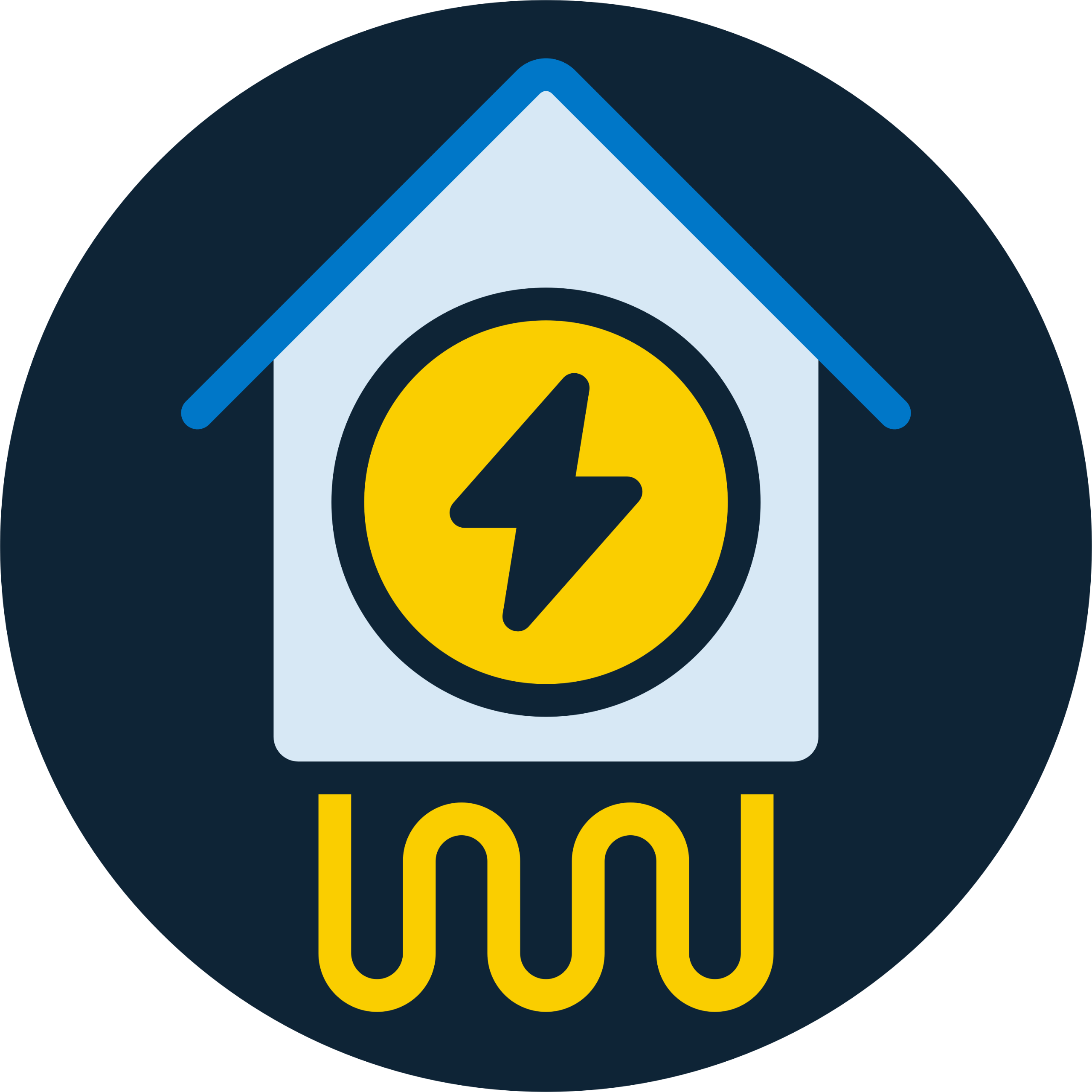
Geothermal heat pumps are the most flexible of any heat pump — they can work with any heating system, whether it’s ductwork, baseboard heaters, radiators, and even radiant flooring. And now with newer technology, today’s geothermal heat pumps could take up less space for installation.
Learn More about Geothermal Heat Pumps
Dollars & Sense
- Rebates: NYS Clean Heat helps you save thousands on your heat pump purchase.
- State tax credits: Get 25% NY State tax credits up to $5,000.
- Federal tax credits: Cover 30% of the cost for your project, up to $2,000 per year.
- Low-interest loans: Get loans starting at 4% to help finance your project.
- Save big on your monthly bills — even if you are switching from natural gas — with the single most efficient heating and cooling system there is.
Benefits & Considerations
- Longevity: Longest-lasting heating and cooling systems with minimal maintenance.
- Efficiency: Up to four times more efficient than standard fuel or air conditioning systems.
- Health & Safety: No combustion or storage of fossil fuels like oil, propane, or natural gas. This eliminates the potential release of carbon monoxide and improves your home’s air quality with added filtration.
- Comfort: Gentle, steady streams of warm (or cool) air keep you comfortable — even on the hottest summer days and the coldest winter nights.
Questions for Your Contractor
- Are you a NYS Clean Heat participating contractor with my electric utility?
- What size units do I need? Ask for room-by-room heating and cooling calculations.
- Are my ducts or radiators the right size for a geothermal heat pump? Will I need to do any additional ductwork?
- Is the heat pump you are recommending on the Northeast Energy Efficiency Partnerships (NEEP) cold-climate product list and on the Consortium for Energy Efficiency’s (CEE) most efficient tier for the North/Canada region? In order to qualify for the NYS Clean Heat rebates and federal tax credit, the heat pump must be on both lists. Note: It is reasonable to ask your installer for a copy of the spec sheet from both websites.
- Can I individually control the temperature of different zones in my home? Will I need to add any ductless heads or fan-coils for greater control?
- How familiar are you with the ground condition in our area? Is there anything we need to be aware of?
- What type of ground loop is best for my property? A vertical “well” or a horizontal “field”?
- How long will the installation take? When and where will you need access?
- Will I need to upgrade my electric service?
- Who is responsible for landscaping or other restoration after the ground loop is installed?
- Can you provide references from previous clients who have systems that are several years old?
- What maintenance is required? How often should I clean or change air filters? Is annual service needed?
- What is the expected lifespan of the system and warranty?
- How can I make any additional upgrades to my home, such as adding insulation or air sealing, to prepare for a heat pump? Do you have an insulation contractor I can work with?
Find a qualified contractor to help you with your project.
Frequently Asked Questions
Do heat pumps work effectively in cold climates?
Just a few feet beneath the ground, the earth stays a consistent temperature all year round. Geothermal heat pumps tap into this “thermal energy” to reliably meet 100% of your heating and cooling needs, even in New York winters.
How much maintenance is required on heat pumps?
Heat pumps require minimal maintenance and eliminate the hassle of scheduling fuel deliveries — and there is no worrying about unpredictable fuel costs. The indoor equipment for geothermal systems typically lasts 20 to 25 years, and the outdoor equipment can last over 50 years.
How will I heat and cool my home when the power goes out?
When it comes to heating or cooling your home during a power outage, heat pumps are no different than any other heating and cooling system. Most heating and cooling systems need electricity to start — so when the power goes out, they don’t work either. The good news is that a well-insulated home will maintain a consistent temperature for hours, even when the power goes out — so make sure your home is properly insulated to help keep you comfortable during outages.
Heat Pump Planner
Answer a few questions about your home, learn about the types of heat pumps available, and compare your options.
Inflation Reduction Act
Learn how federal tax credits and rebates make this the best time to get a heat pump.
MyEnergy
MyEnergy is New York State’s home energy upgrade planning tool that’s designed to maximize your financial savings, streamline home energy projects, and help you discover the benefits of going electric.
NYS Clean Heat
NYSERDA and New York’s energy companies are partnering to help homeowners save money and energy with financing, rebates, and resources to get a cold-climate heat pump.
Where Heat Pumps Fit in Your Path to a Clean, Efficient, and Comfier Home
Heat pumps, including geothermal models, are a key equipment improvement on your path to upgrading your home. Make the most of your upgrades when you start by preparing your home, then explore cleaner, more efficient options.
Get Your Home Ready
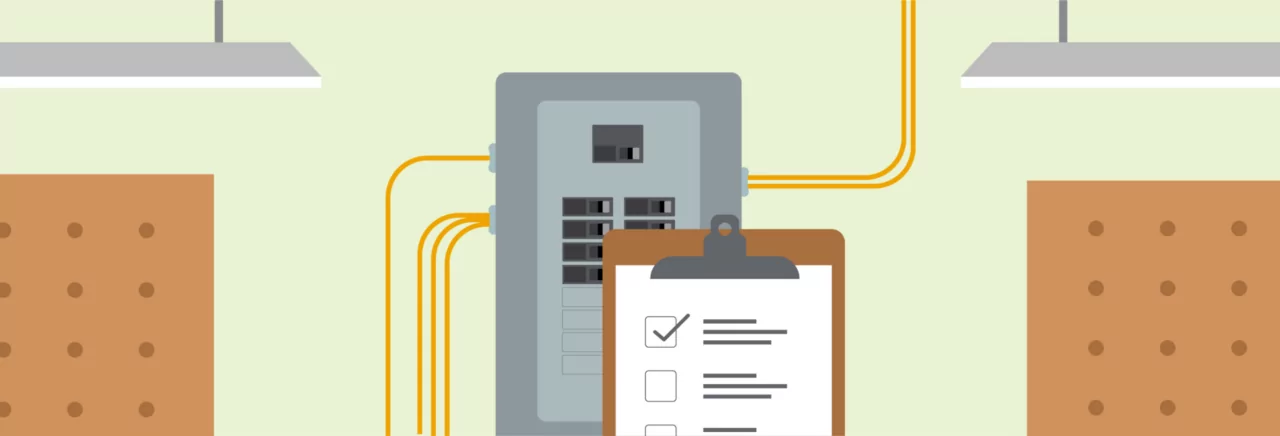
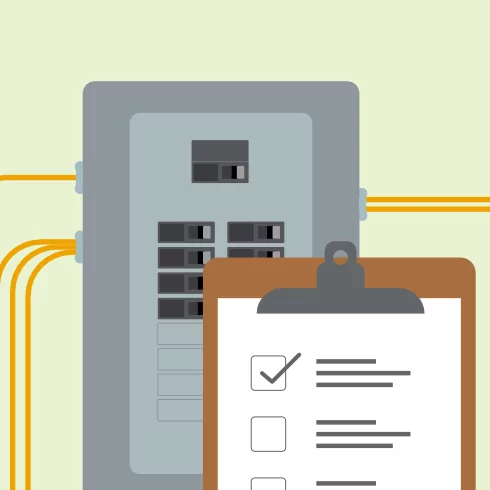
Choose Electric Appliances & Equipment
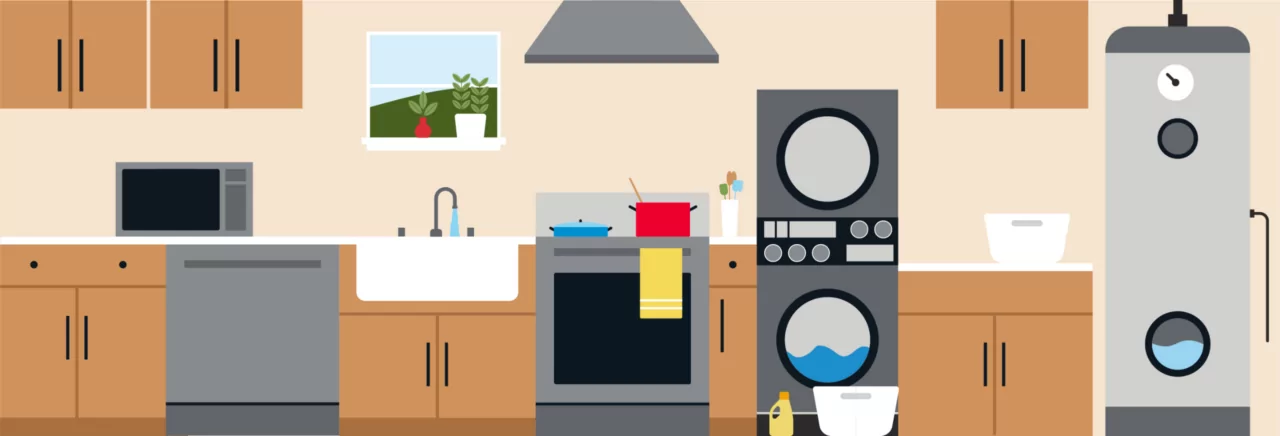
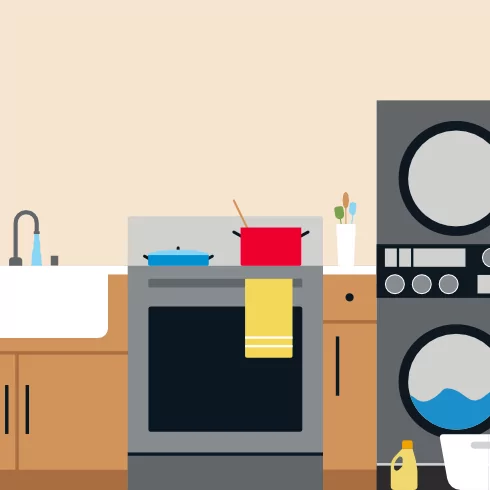
Drive Electric & Go Solar
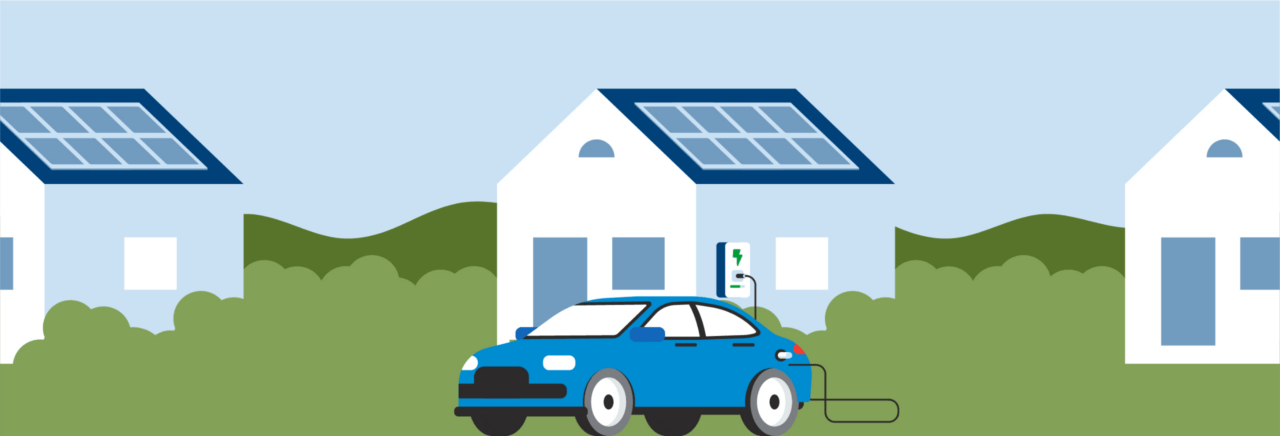
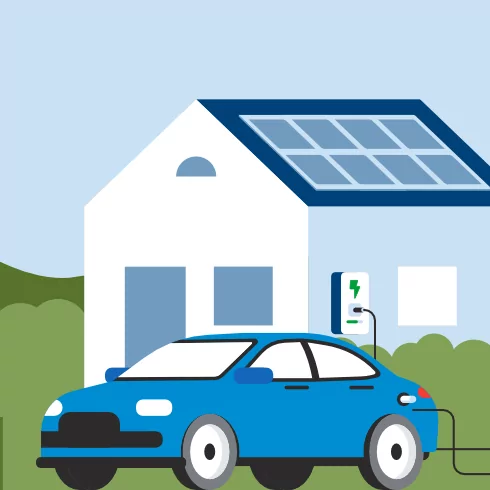
Get Started with a Free Home Energy Assessment
A home energy assessment can help you prepare for a heat pump in the future. You’ll get advice on how to weatherize your home and determine when your current heating system may need to be replaced so that you can avoid a costly and stressful emergency replacement scenario.
